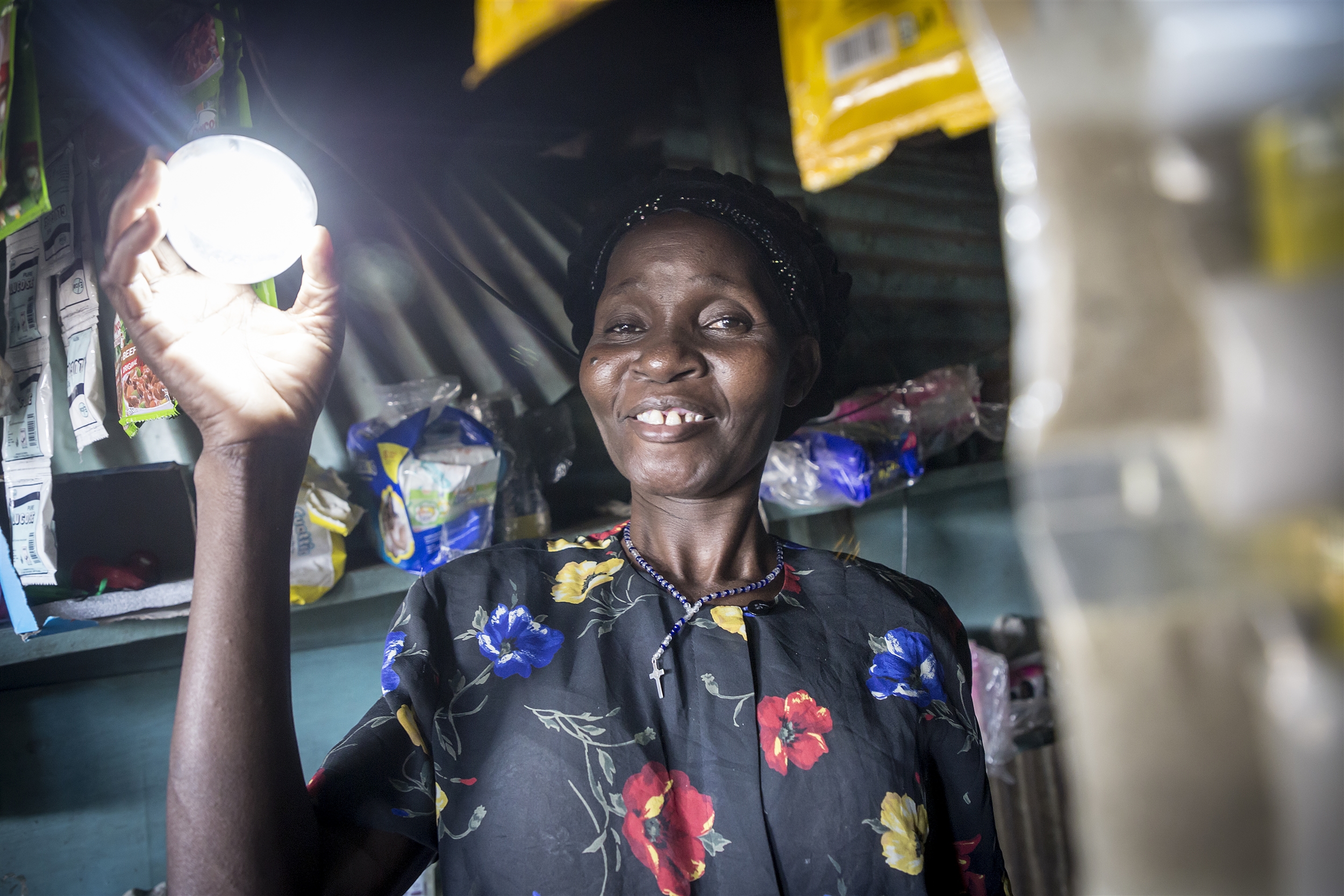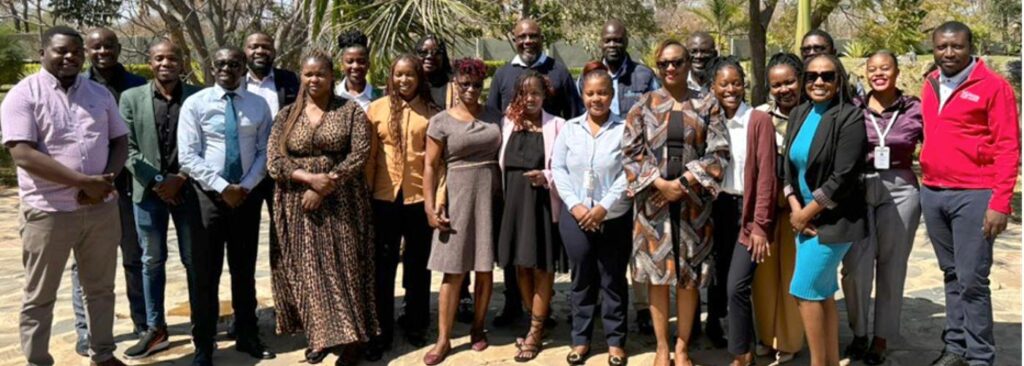Blog by Maimuna Kabatesi
Hivos East Africa will take part in two side events discussing Decentralized Renewable Energy (DRE) at the second annual Civil Society Forum hosted by the Africa Development Bank (AfDB), in Abidjan, Ivory Coast as part of the Bank’s mandate to further engage with civil society. The event: Engaging Civil Society to Accelerate Regional Integration for Africa’s Economic Prosperity, will be attended by government officials, Civil Society Organisations (CSOs) across Africa, international NGOs, as well as the Bank’s Senior Management.
The two side events, hosted in conjunction with a number of other civil society organizations, will be held on 8 May 2019. The first side event is Innovative approaches for accelerating implementation of Africa Renewable Energy Initiative (AREI) framework for economic prosperity and regional integration in Africa, and the second is Maximizing productive use benefits of decentralized renewable energy systems for last mile electrification and women’s economic empowerment.
AfDB notes that CSOs are increasingly involved in forging strategic partnerships with governments, businesses donors, and are, to a large extent, engaged in official consultative processes at regional and continental levels. Further, the bank recognizes that, “indeed, civil society has a diverse role to play in Africa’s social and economic transformation and over the past decades, civil society in emerging economies has grown into a dynamic, innovative and influential ecosystem with increased power beyond their traditional role and sector. Consistent with the global shift in terms of technology, globalization, geopolitics and emerging markets, the roles and responsibilities of civil society in Africa have expanded. In the quest to efficiently address pressing issues, CSOs are increasingly seen not only as advocates or service delivers but also as enablers for change, policy influencers, project incubators, experts and implementing partners.” It is due to this that the bank organizes an annual forum for CSOs and the bank to dialogue. Caroline Wahome (Hivos East Africa’s Communication Officer) spoke to Maimuna Kabatesi, Advocacy Officer for the Green and Inclusive Energy programme at Hivos East Africa on her views and aspirations of the forum in relation to DRE.
Why does Hivos East Africa advocate for decentralized renewable energy (DRE)?
Hivos East Africa has been advocating for increased financing, and more supportive policies for DRE through our Green and Inclusive Energy programme. When it comes to achieving universal access to energy, it is necessary to be purposeful in ensuring that the global community is not ignoring the needs of those without energy access now. We believe that additional financing, and a supportive policy and regulatory environment for DRE is imperative for achieving electricity access for all, especially for the economically disadvantaged, and those living in rural and remote areas.
Investing in DRE solutions has a lot of benefits, including but not limited to:
- Advancing the fossil fuel phase through provision and productive use of DRE contributes to achieving SDG7, SDG13 and the Paris Agreement
- DRE unlocks co-benefits in areas related to other SDGs, such as education, food security, health, gender, jobs and a greater socioeconomic development through productive use of energy.
- In addition, the availability of DRE systems will be fuelling a disruptive transformation of the energy sector towards a multi-actor set-up involving communities
Increased investment in DRE by stakeholders including governments, bilateral and multilateral donors and private sector can co-exist along grid extension to ensure access to electricity for all.
What’s your take on the progress that has been made with renewables becoming part of the energy mix in East Africa?
The advances that have been made in increasing the percentage of renewable in the energy mix are admirable. This has been due not only to financing, but also more supportive policy environments in many countries. However, there is need for increased focus on renewable energy solutions that can transform people’s lives today. This is not just decentralized options, but also financing and policy to address the very crucial issue of clean cooking. This responsibility not only lies with governments but also other stakeholders. We need to ensure that as we talk about industrialization, we do not forget the households that will be left out of the energy transition if we focus solely on grid. Nor should we cast aside the high and growing number of people cooking with biomass, with its associated negative impacts. Approximately 800 million people in Africa are cooking with biomass and it is estimated that this number will go up to 1 billion by 2030. All stakeholders in this process, including financiers have a responsibility to ensure that we address these issues with the urgency they deserve.
Tell us more about Hivos East Africa’s contribution at this forum
Apart from participating in the general discussions, Hivos East Africa will participate in two side events. The first, convened in conjunction with the Alliance of CSOs for Clean Energy Access (ACCESS), the Africa Coalition for Sustainable Energy & Access (ACSEA), Oil Change International, the Pan African Climate Justice Alliance (PACJA) and the World Resources Institute (WRI), is on Innovative approaches for accelerating implementation of AREI framework for economic prosperity and regional integration in Africa. Hivos will be highlighting the importance of decentralized renewable energy options in achieving universal energy access and the role of financing in increasing DRE solutions.
The second side event is focusing on Maximizing productive use benefits of decentralized renewable energy systems for last mile electrification and women’s economic empowerment. This will be convened in conjunction with ACCESS, Africa Sustainability Centre (ASCENT) and Oxfam. In this event, Hivos will highlight Hivos and IIED’s Energy Change Lab work on productive uses of energy in Tanzania, how to promote productive uses among key populations with access to energy via decentralized options, as well as again discussing the role of financing. For live updates during the week, definitely follow these accounts on Twitter: @hivosroea and @munakab.




